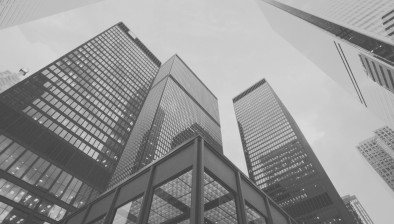And finally… MDF used on floating houseboat
Designer Julius Taminiau has created a floating house equipped with office space using a durable version of MDF.
First discovered during an exhibition in London, where he worked on an open source plan for houses, Julius took his findings back to the Netherlands and set about designing his dream build.
“The boat will cover 100 square metres and consists of two floors,” says Julius.
“The rooftop will be half filled with solar panels, which will be concealed by the balustrade. Apart from the living and sleeping rooms, one of the spaces on the floating house will have a double height and will be a working space with flexible layout. In the open space, a mezzanine floor enables the creation of separate work and meeting areas.”
The floating house idea had to fulfil two key objectives that the architect had in mind: ingenuity and sustainability.
“The budget for this project was tight and therefore we decided to rationalise the design and make it as clever as possible”, says Julius.
“The solution was found in a design with a fixed grid basis on the size of panel material. The sizes of the rooms, cladding, windows and other materials had to match precisely and be well proportioned. It also reduced the amount of waste material, avoiding unnecessary impact on the environment while also reducing costs.”
The lay-out of the MDF cladding follows a tatami grid system and is applied in a fish-scale pattern. By emulating nature’s time-tested pattern, the architect underlines the secondary key principle of sustainability, which played such an important role in the design.
“The facade of the floating house will be continuously exposed to wet and damp conditions”, says Julius. “Therefore, we chose the durable Medite Tricoya Extreme as cladding.”
“The acetylated wood fibre makes the resultant panel extremely durable, resistant to decay and dimensionally very stable. The panel will not rot and expands minimally in length or width, even when in contact with water. It’s also guaranteed for use in these conditions for up to 50 years.”
The floating house and office was built by Oranje Arkenbouw, Hardenber in the Netherlands and the panel material was supplied by local distributor, RET in Utrecht. The finished product was coated in a water-based matte paint and can be left for 15 years without the need to reapply.
“The dark colour of the coating gives the floating house added character and underlines the eastern mystique,” says Julius.
“Added to this, the panel material can be sawed, coated, painted, sanded, nailed and mounted just like any other wood material. The class 1 durability classification makes the panel material as durable as hard timber types, such as teak. It’s a product with multiple possibilities, ideal for a project as ambitious as mine.”





















